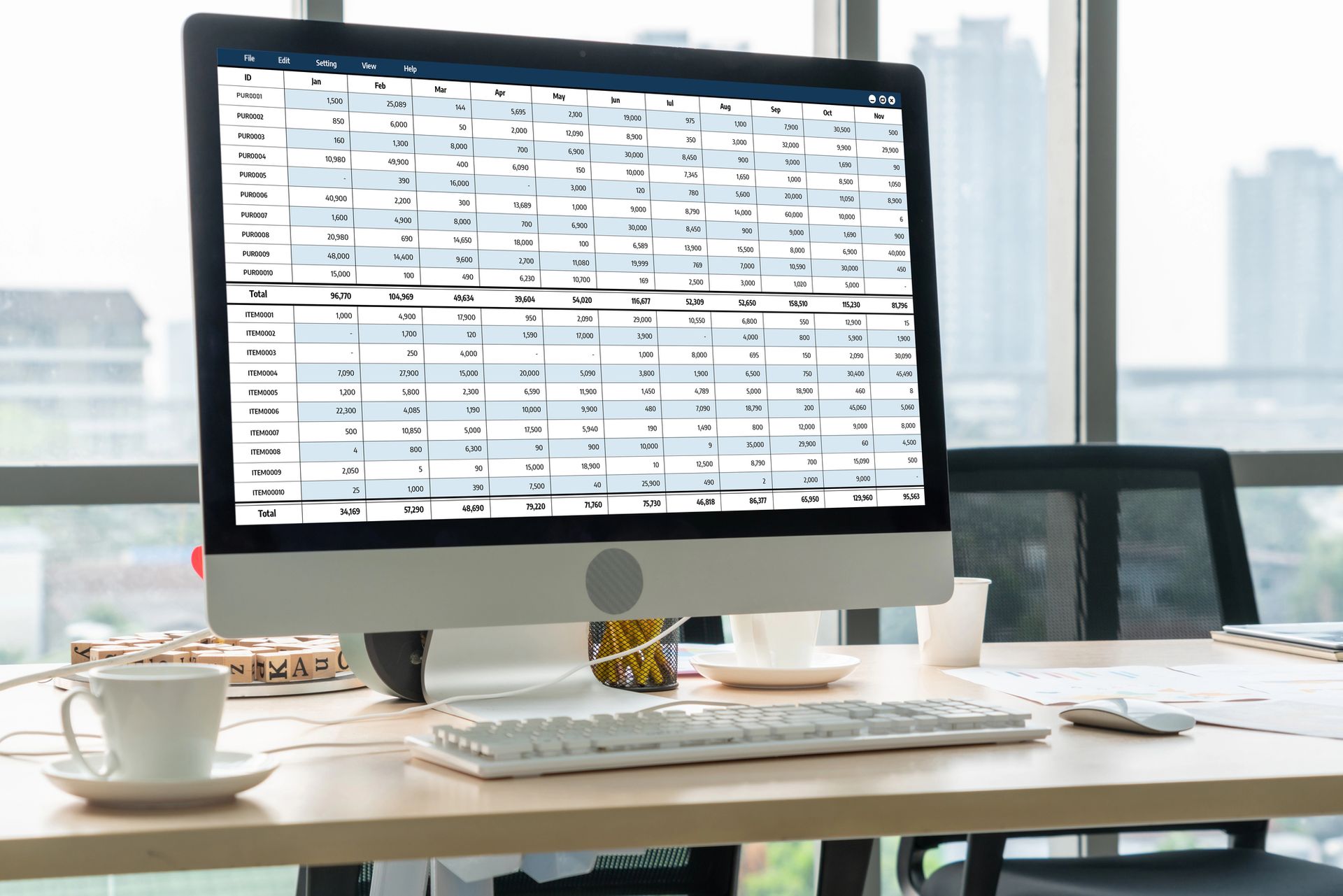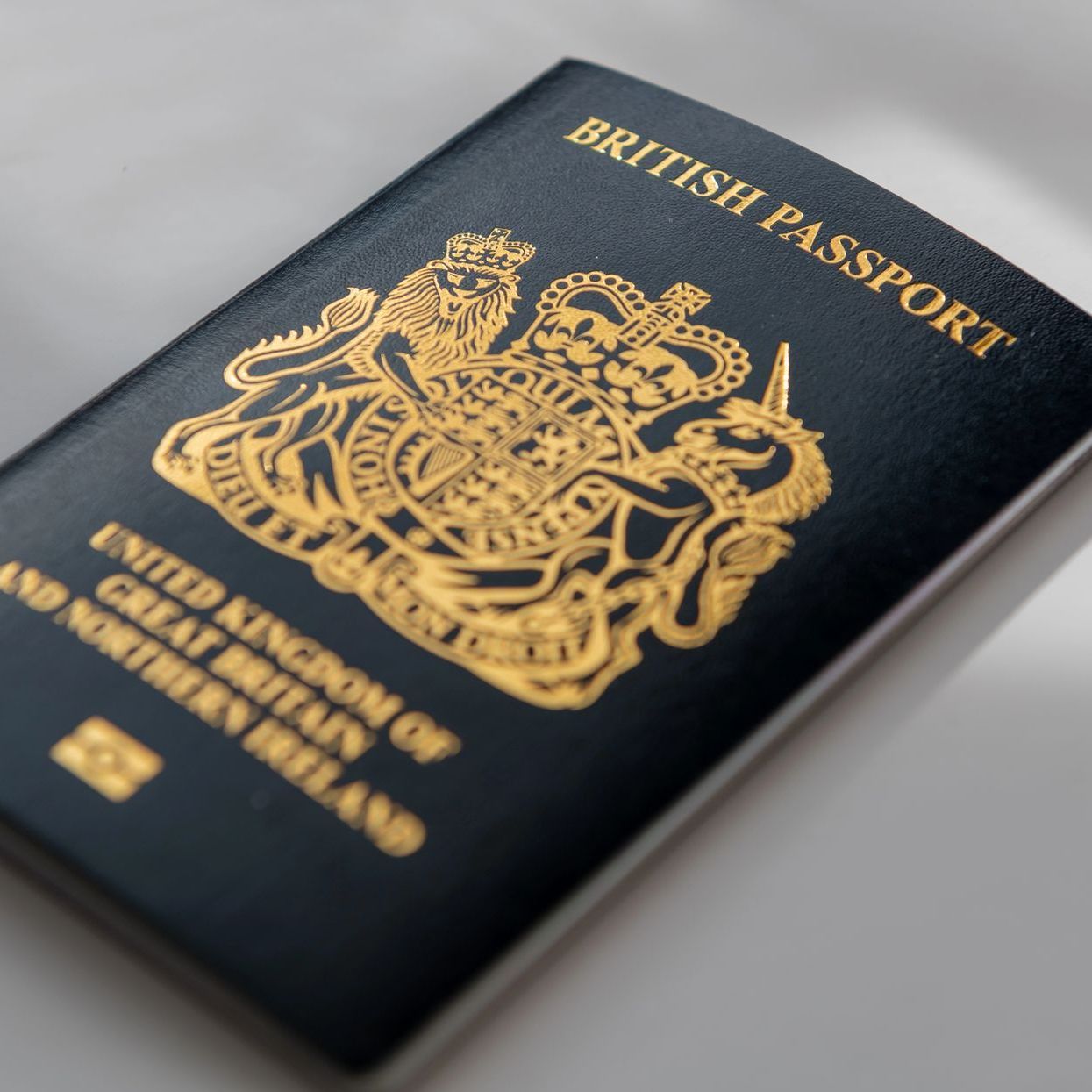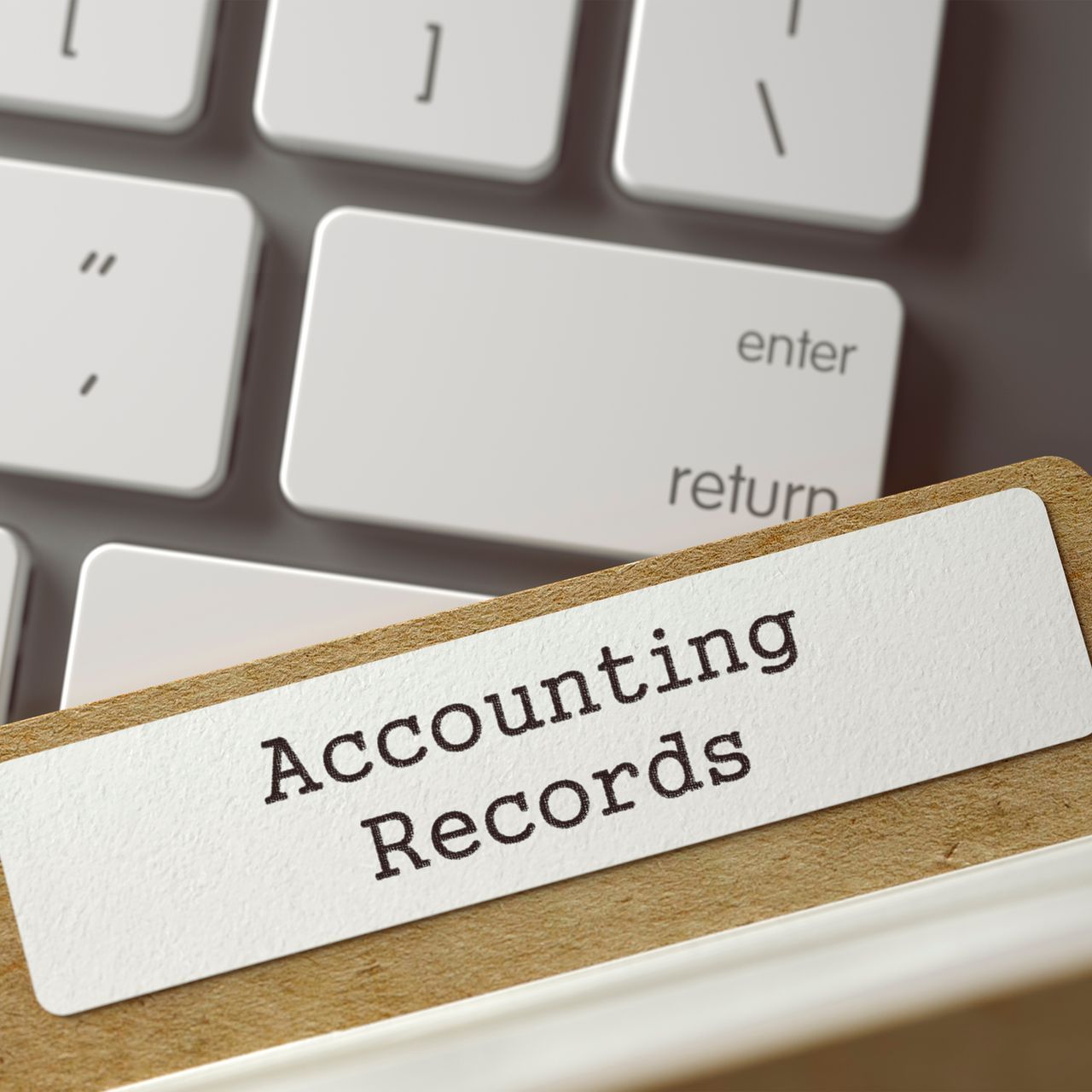Dividend basics
How do I declare a dividend?
A dividend is
a distribution of company profits to the owners of a company. It is the directors of the company that make
the decision to pay out a dividend, which is then shared out between the
shareholders based on their shareholdings.
For many small businesses, the shareholders are also the directors of
the company so being able to declare a dividend is a useful way of taking hard
earned money out of the business. Just
to be clear, you can’t take a dividend from a sole trade business.
It sounds easy (and it is) but there are also statutory requirements that you need to comply with in order for a company to make a dividend payment.
1.By definition, to be able to pay a dividend a company has to have made a profit (you can’t distribute profits you don’t have). The amount a company can distribute is based on the accounting profit after Corporation Tax of 19%, including any profits brought forward but not distributed in previous periods. The directors must be certain that a profit has been made before they can declare a dividend.
2.You must also document the board decision to pay a dividend. It is the directors of the company that make the decision to pay out a dividend and a record of the board meeting in which that decision was taken should be maintained. Yes, this may mean having a meeting with yourself and writing up the minutes!
3.You must make up a dividend voucher showing the date, the company name, the name of the shareholder and the amount of the dividend to accompany the payment.
If these conditions are not met, then the dividend is illegal and could be challenged by HMRC. This means that you may end up having to treat the distribution as salary or in extreme circumstances you may be required to pay the money back to the company.
Is taking a dividend the right choice for me?
At the time of writing, the first £2,000 of dividends is tax free in the hands of the recipient but the is paid after 19% corporation tax has been deducted so it’s not entirely without tax. Any additional dividends are taxed at different rates depending on your income tax band. No National Insurance is charged on a dividend, making it attractive as a means taking money out of a company.
However, taking a dividend is not always the most tax efficient way of taking money out of a company. If your income is below the National Insurance Lower Earnings Limit (currently £6,032) then you will not incur any tax or National Insurance when you take a salary out of the company and the payment will also be a deduction for Corporation Tax. In this case, the payment is tax free in the hands of the recipient and for the company as well.
You can access my board meeting and dividend voucher template by clicking here. If you are unsure whether taking a dividend is the right thing for you and your company, please get in touch with me on 07597 546 030 and I will be happy to help you come to the right decision.










